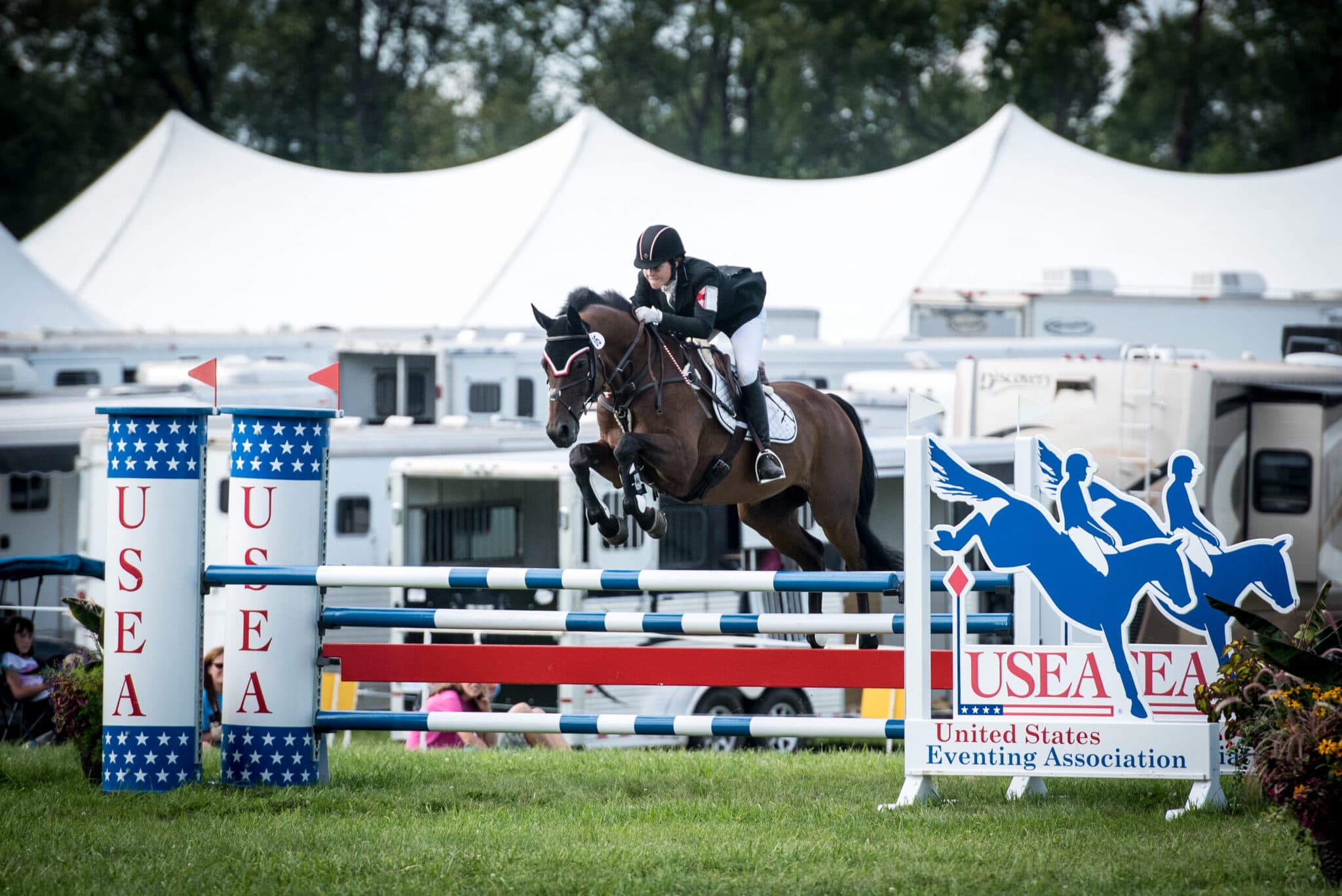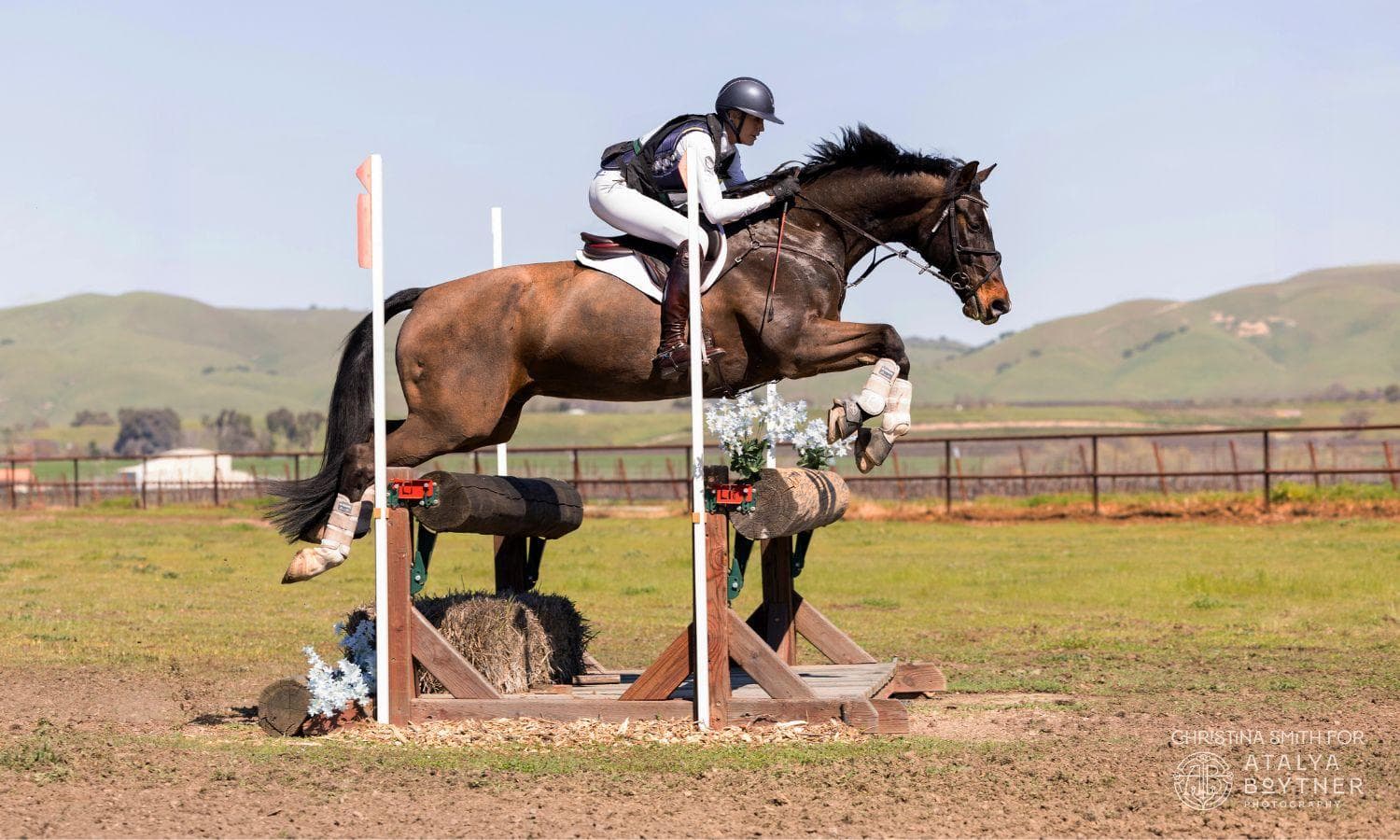Bridging The Gap: Keeping it All in Perspective

Perspective is something most equestrian professionals try to have, and talk about every once in a while (when we’re not talking about horses), but it’s not always something we’re very good at actually having all the time. I know that I’m quite immersed into the horse life itself and have a pretty difficult time talking about almost anything else. As a professional, it obviously takes up quite a lot of our time (and brainpower!) to think through everything from a horse’s day-to-day schedule, to how the horse is holding its weight, to any physical issues, to any behavioral issues, to conditioning schedules, all the way up to showing schedules. And this doesn’t even cover barn owning or renting, pasture management, working students and grooms, among other things. Obviously there is a lot for us to think about and tends to lead to us thinking about it quite constantly!
I actually find myself most immersed in the horse world after a competition. I tend to pick apart each phase and try to figure out what I need to do to both get better myself and to help the horse do a better job to maintain a better score. Funnily enough, I hone in most on what I need to work on after quite a successful showing. I competed at Richland Horse Trials this past August (after nearly biting off all my fingernails to the quick as I was on the waitlist and very luckily ended up getting in a week beforehand) and took both of my upper level horses, both of which had fantastic showings. My Preliminary horse stepped up to the plate with a very respectable dressage score and two double clear jumping rounds to finish fourth in quite a competitive field. My Intermediate horse completed her fourth two-star to date with a clean cross-country run over a tough course and one (the very last!) show jumping rail after an otherwise beautiful round.
I was, to say the least, psyched with how my horses performed and spent nearly the entire ten hour drive home thinking of ways to make the performance better for the next show. There are the “well if I only didn’t let her get so long in her stride after that triple bar we wouldn’t have pulled the rail at the following oxer” to the “I need to go out further towards the quarter line for my one loop to get another point or more” thoughts that go spiraling around and around in my head. These are the times where sometimes I find that I need to ground myself most. Otherwise my obsessiveness takes over nearly all other life and social functions, and while my husband is kind enough to tolerate some horse obsession, it’s not always fair to him to immerse him in my own obsession.
I find that there are a few levels of perspective to keep in mind. First, while Eventing is my entire world to most people it doesn’t even exist. And to do it every single day, and be able to make money in it, is pretty darn cool.
The next is that horses are such amazing creatures that they even allow us to ride them, nonetheless learn how to do things like jump giant solid obstacles, jump carefully over show jumps, and tolerate staying in a little white box (yes, those were actually put in order of importance for an Event horse).
And finally, I’m always drawn to the fact that I wouldn’t be where I am today, nor would my business, without some pretty awesome help. My parents have been behind my every step of the way, have wiped my tears after the really bad dressage tests (there were lots in my childhood days), have celebrated with me after great cross-country rounds and have been there for moral support whenever any of my horses were injured, especially when it happened right before a big event. My husband is another one who has been above and beyond in support. Granted, he walked into this knowing what he was getting himself into, but I couldn’t ask for anyone else to take this journey with.
I am also always extremely humbled by those who let me train them and/or their horses. The journey to become an upper level professional starts out as a very personal, individual goal, but it quickly turns into one that includes several other individuals as well as their horses. I’ve found that those around me have become more than just students or clients; it’s an entire family who each has their own strengths and weaknesses, who have their own personal dreams and dramas, who have a wealth of knowledge and experience about many different (and typically unhorsey and extremely nifty) things, and who have both entrusted me with the care and training of their horse and support me in my upper level grandiose dreams.
After some time of stepping back and realizing just how lucky I am to pursue my dream, whether it’s after a successful show and I’m obsessing over the minor details, or after I’ve had to make a heartbreaking decision to pull out of an Event I’ve been hoping for my whole life, it helps make it easier to walk into the barn the next day, give my horse a big pat, take a deep breath, and realize that this is exactly what I’ve wanted in my life and that I can’t imagine anything better.
About Ashley Kriegel Trier
Ashley is a CCI2* rider who is based out of The Plains, Va. Following a lifetime of riding and competing and several years as a working student for CCI4* riders, Ashley branched out on her own as a professional in 2013. She currently is competing her own horses at the Intermediate and Preliminary levels and bringing along a 4-year-old OTTB all while teaching a slew of juniors and adult amateurs to learn to love and compete safely in the sport of Eventing. Ashley will be sharing her experiences navigating the Eventing world as a young professional in her monthly blogs. To learn more about Ashley visit: http://ashleytriereventing.com/















